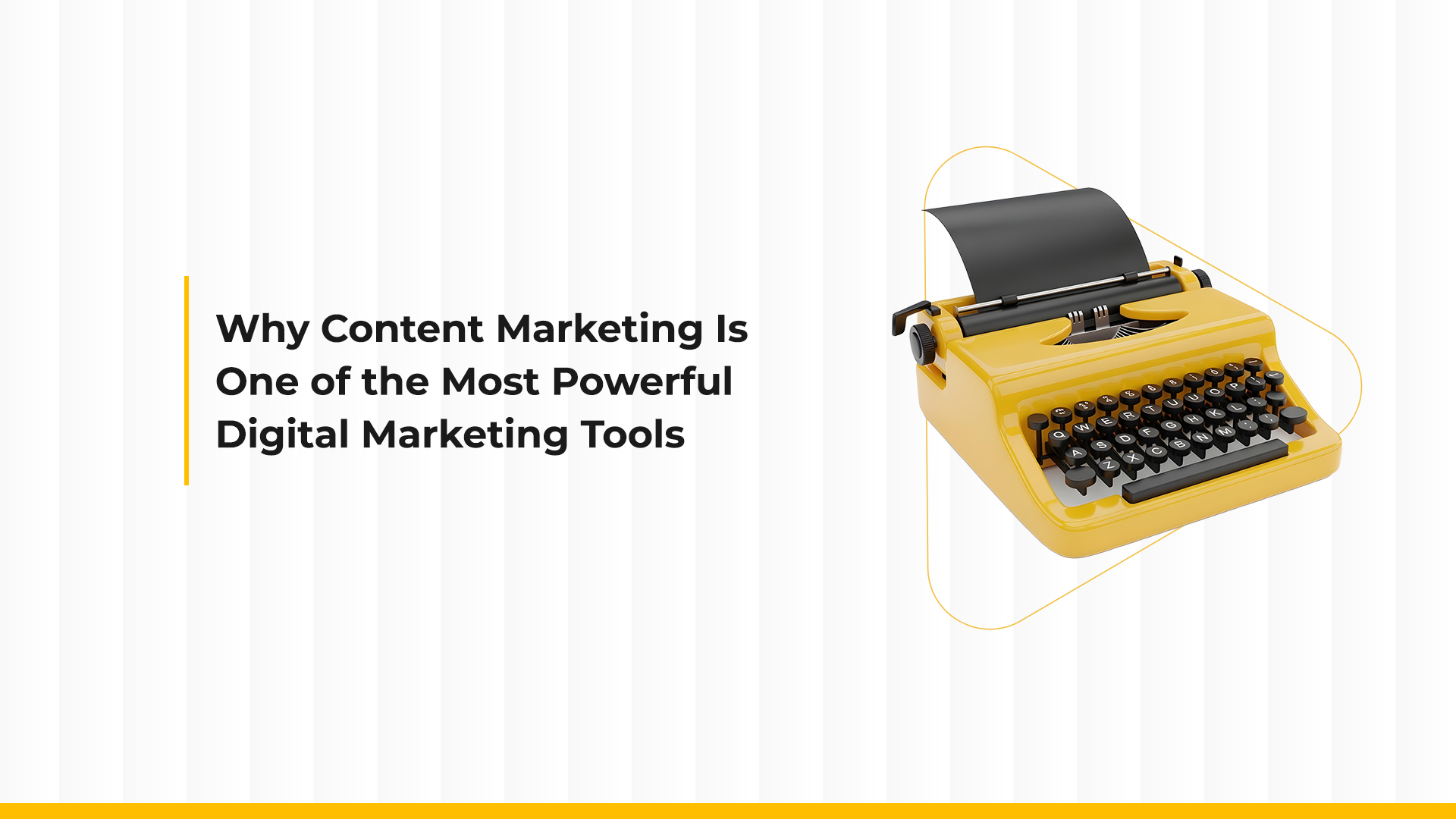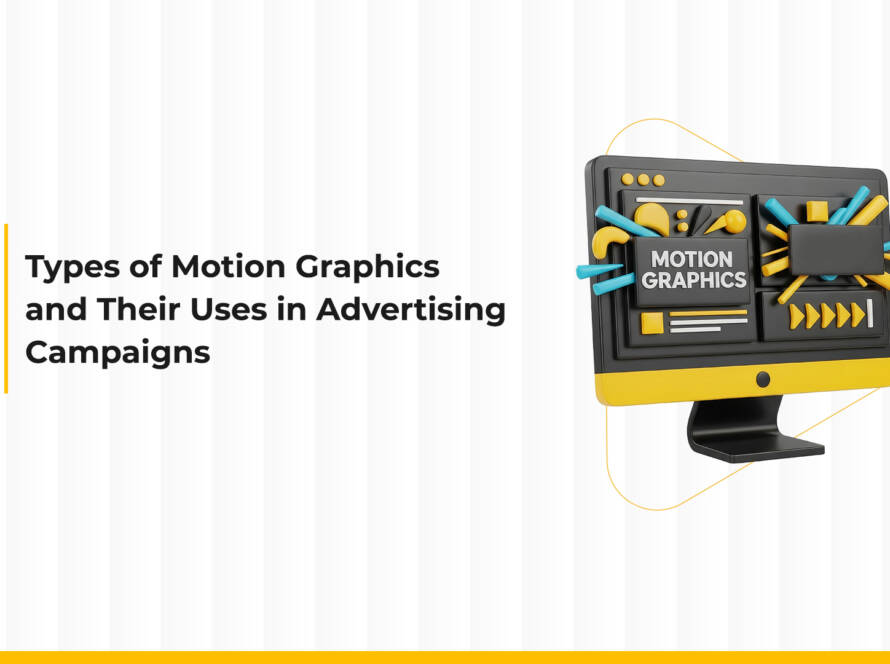Content marketing is one of the most powerful and effective tools in modern digital marketing. It relies on creating valuable and engaging content that attracts and retains a clearly defined audience. Through an effective content strategy, brands can build strong relationships with customers, fostering loyalty and trust.
Digital marketing tools include multiple channels such as blogs, social media platforms, podcasts, and videos — all offering brands the opportunity to reach a wide audience. Online marketing heavily depends on creating content that educates and engages people, making content marketing an essential part of any successful marketing strategy.
In today’s competitive world, businesses and brands are racing to capture audience attention. With the overwhelming number of traditional ads that often feel intrusive and ineffective, marketers are turning to more engaging and authentic ways to build long-term relationships with customers.
Here comes the power of content marketing, now recognized as one of the most effective and influential tools in the digital marketing landscape.
In short, content marketing is a cornerstone of digital marketing. It strengthens customer relationships, enhances brand awareness, and drives measurable results through well-planned strategies.
What Is Content Marketing?
Content marketing is a strategic marketing approach focused on creating and distributing high-quality, relevant, and valuable content to attract, engage, and convert a specific target audience — ultimately driving profitable customer actions.
This content can take various forms, including:
-
Articles and blog posts
-
Videos
-
Infographics
-
Podcasts
-
Social media posts
Unlike traditional advertising, content marketing doesn’t rely on direct selling. Instead, it builds trust and credibility between the brand and its audience.
Why Content Marketing Is One of the Strongest Digital Marketing Tools
1. Builds Trust, Loyalty, and Credibility
One of the biggest challenges businesses face online is building customer trust.
By providing useful and insightful content, brands can earn credibility and strengthen customer loyalty.
When people consistently find value in your content, they are more likely to return to your brand.
For example, if you run an online skincare store, publishing articles about ingredient benefits or skincare routines positions your brand as an expert — increasing the likelihood that customers will purchase from you.
2. Enhances SEO Performance
Content marketing plays a vital role in Search Engine Optimization (SEO).
The more high-quality, keyword-optimized content you produce, the higher your chances of ranking on search engines — attracting organic traffic without paid ads.
For instance, blog posts that address trending topics in your niche and include targeted keywords can boost your Google rankings and drive steady traffic, saving you advertising costs in the long run.
3. Boosts Social Media Engagement
In the social media era, content fuels interaction.
When you share valuable, engaging content, audiences are more likely to share it with others — expanding your brand’s reach and visibility.
Educational videos or informative infographics, for example, can go viral on platforms like Facebook, Instagram, or X (Twitter), helping you attract new audiences effortlessly.
4. Increases Conversions and Sales
Content marketing doesn’t just attract visitors — it converts them into customers.
By offering educational content that helps users understand your products or how they solve specific problems, you increase the likelihood of purchase.
Studies show that businesses using content marketing experience six times higher conversion rates than those that don’t.
5. Boosts Brand Awareness
High-quality content spreads fast.
When users share your posts, videos, or guides, they help amplify your brand’s message and make it more recognizable among wider audiences.
6. Cost-Effective Compared to Paid Ads
While paid advertising delivers quick results, it can be expensive in the long term.
Content marketing, however, is a long-term investment — a single well-written article can generate ongoing traffic and leads for years.
For instance, a detailed guide on “How to Choose the Right Laptop” can remain relevant and attract visitors long after publication, without the need for continuous ad spending.
Effective Content Marketing Strategies
1. Identify Your Target Audience
Understanding your audience is key.
Research their needs, preferences, and online behavior using tools like Google Analytics and Facebook Insights to tailor your content to their interests.
2. Diversify Your Content Types
Using a mix of content formats helps you reach different audience segments:
-
Articles & Blogs: Deliver in-depth insights and valuable information.
-
Videos: Highly engaging and persuasive.
-
Infographics: Simplify complex data into visually appealing designs.
-
Podcasts: Perfect for audiences who prefer audio content.
3. Provide Real Value
Your content should focus on solving problems or answering questions that matter to your audience.
The more helpful your content is, the higher the engagement and loyalty it will generate.
4. Promote Content Across Multiple Channels
Creating great content isn’t enough — you need to distribute it effectively.
Use various channels such as:
-
Social media platforms (Facebook, Instagram, Twitter, LinkedIn)
-
Email marketing to target engaged subscribers
-
Influencer collaborations to expand reach
5. Analyze Performance and Optimize
Track how your content performs using analytics tools.
Monitor traffic, engagement rates, and conversions to identify what works best, then refine your strategy accordingly.
Tools like Google Analytics, Ahrefs, or SEMrush can provide actionable insights.
Challenges in Content Marketing
-
High Competition:
With more brands embracing content marketing, standing out requires creativity and consistency. -
Performance Measurement:
Measuring ROI can be tricky — tracking metrics like engagement, leads, and conversions helps determine success. -
Long-Term Commitment:
Content marketing demands consistency.
Brands must continuously produce fresh, valuable content to maintain audience engagement.
Conclusion
Content marketing is no longer optional — it’s a core pillar of online success.
It’s not just a method for attracting customers, but a long-term investment that builds brand awareness, enhances conversions, and optimizes marketing budgets.
By understanding your target audience and consistently delivering valuable content, brands can achieve tangible results and establish authority in their industries.
Ultimately, investing in content marketing means investing in your brand’s future — making it stronger, more competitive, and better positioned to thrive in today’s ever-evolving digital world.





